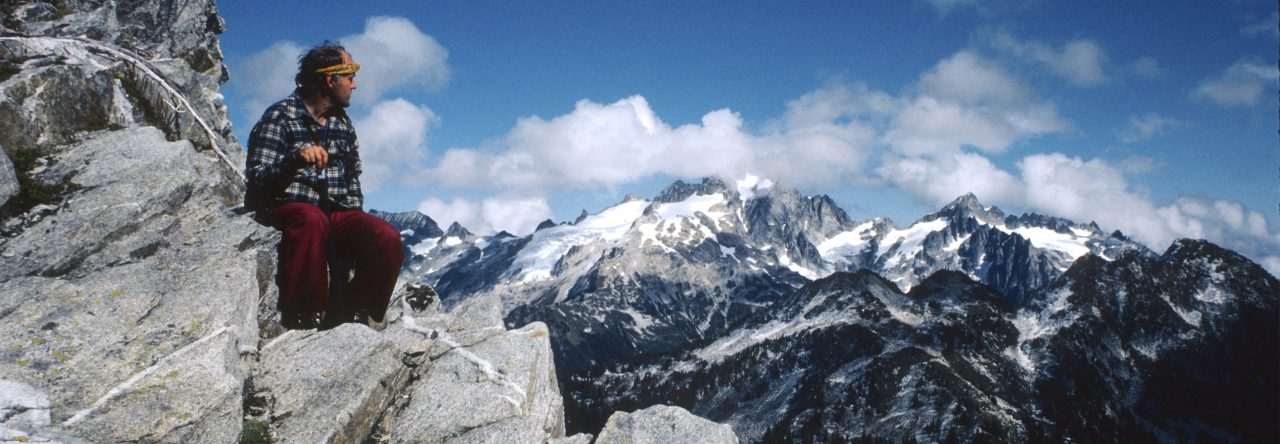Forum Replies Created
-
AuthorPosts
-
Well, it was nice while it lasted. Amazon’s sticking a fork in it on Feb 24. I guess they thought it was too much bother to administrate.
Angus (Sooperfly on nwhikers.net) is not a member of either club, though several of us communicate with him via pm on that site. He also has connection with a fish biologist on that side of the mtns and has been involved in lake plants through that source.
It looks like the Smile Charity List page shows only their spotlight charities. If you choose one of those and then go to the change charity page (Your Account: Change Charity), you get the spotlight list and also a search bar below labeled “Or pick your own charitable organization:”
Trail Blazers Inc gives 24 results – ours is #7 – North Bend WA – fisheries
Hi Matt,
I was looking at your images the other day wondering what was going on. Not sure what post-processing you’re using, but it looks like the color levels are getting shifted somewhere in the process. This is a pic I copied and pasted into PS Elements and applied auto levels, auto color and auto levels again. Used “save for web.”
The original image copied off the website is 24-bit, so maybe something is happening in the conversion from 32-bit?
-
This reply was modified 6 years, 7 months ago by
Art Jackson.
-
This reply was modified 6 years, 7 months ago by
Art Jackson.
-
This reply was modified 6 years, 7 months ago by
Art Jackson.
[quote quote=116100]Why do you say “fortunately” about them not being in Bertha May any more?[/quote]
Because EB spawn so readily in conditions that other trout cannot, they have a tendency to over-proliferate lakes. There are numerous alpine lakes in the state with runaway populations of stunted EB – scrawny, pathetic snake-fish. This has occurred in a high percentage of alpine lakes where EB have been introduced, and it’s rare when the population dies out naturally. I think Brian was making a passing remark on EBs generally poor track record.
There are plenty of examples of lakes overrun by stunted Westslope CT and some examples of stunted RB, but not nearly to the degree of EBs.
Bob,
Dot Mt, Ptarmigan Pk & Tamarack Ridge have received extra attention recently on NWHikers with a couple TRs on the area.
The first pic with golden larches is of the Dot Lks. The second pic is Lease Pot #1 (Lake 6393, the N’most of two on the W side of Lease Cr) which is surrounded by charcoal larches. 🙂With the wealth of map resources and aerials we now have available, it’s difficult to imagine how poor the sources were prior to the mid ’60s. My dad had several USGS quads reprinted in the mid-50s that he actually used for trip planning. Big Granite lake isn’t even shown on the Glacier Peak quad (from 1899, no less).
http://kaga.wsulibs.wsu.edu/zoom/zoom.php?map=topo013
The new USGS series that came out in the mid 60s was light years better than the older maps, but were pricey. Some of my earliest off trail experiences were still done utilizing Forest Service flat maps. At least those showed most of the lakes.@Little John wrote:
that link doesn’t seem to work any more. Got another link?
Nice – WDFW blew up their web pages in the last day or so.
Try this link:
Select the “Hatchery Trout Stocking Plan for Washington Lakes and Streams” for the year desired and d/l the pdf file.
I guess you would need to get with a Fish Weldlife Biologist to find out where they are planting some fish.
Or you could do what’s been suggested a couple times and go to the fish plant page and look through the archive pages.
http://wdfw.wa.gov/fish/plants/
I’m not sure why you are troubled by their format. The lakes listed on those pages are “where they are planting some fish”. There are no other “stealth” or “secret” lists.
A biologist may limit the species of fish put in high lakes due to environmental considerations, but the hatcheries rear fry to be put in state lakes without regard to elevation, that’s why their report makes no distinction. -
This reply was modified 6 years, 7 months ago by
-
AuthorPosts

